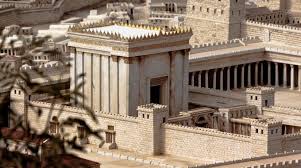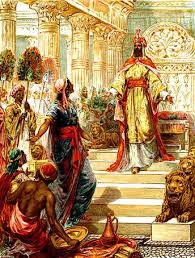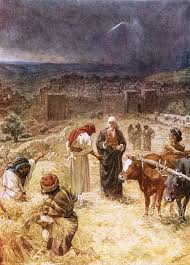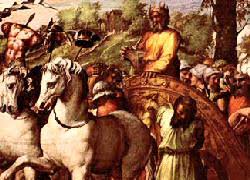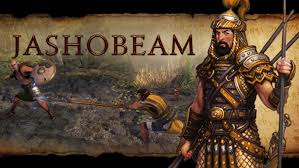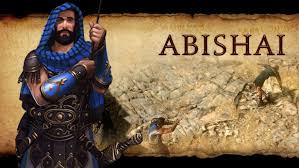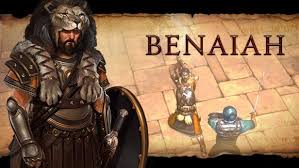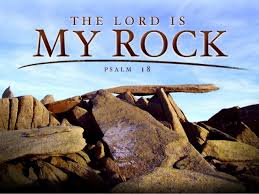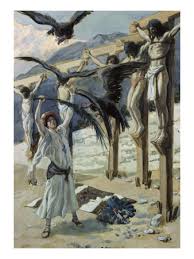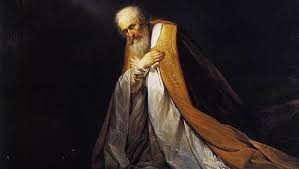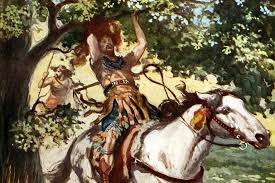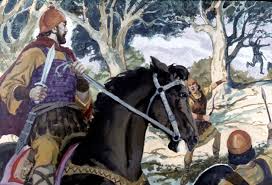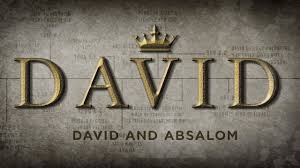Er – The Levites First Chronicles 23: 1-6
The Levites
First Chronicles 23: 1-6
David started making the arrangements for Temple services
several years before the end of his life.
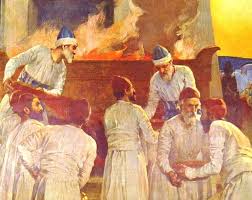
When David was old and full of years, he made his son Solomon king over Isra’el (to see link click Eo – David Makes Solomon King). He also gathered together all the leaders of Isra’el, as well as the priests and Levites. The Levites thirty years old or more were counted, as in the days of Moshe (Numbers 4:3 and 23), and the total number of men was thirty-eight thousand. This is an exceedingly large number. But his fundamental idea was to divide the men of the tribe into four operational units. David said: Of these, twenty-four thousand are to be in charge of the work of the Temple of the LORD. David separated the Levites into divisions corresponding to the sons of Levi: Gershon, Kohath and Merari (First Chronicles 23:6). Under David the main Levitical body of twenty-four thousand was divided into twenty-four monthly divisions just like the priests. These subdivisions provided a means for rotating them for service in the Temple, probably no more than a thousand on duty at any one time (see the commentary on The Life of Christ Ak – The Birth of John the Baptist Foretold). And six thousand are to be officials and judges. Four thousand are to be gatekeepers and four thousand are to praise ADONAI with the musical instruments I have provided for that purpose. This choir exhibited another aspect of David’s musical prowess, which was long remembered by Isra’el (Amos 6:5).



